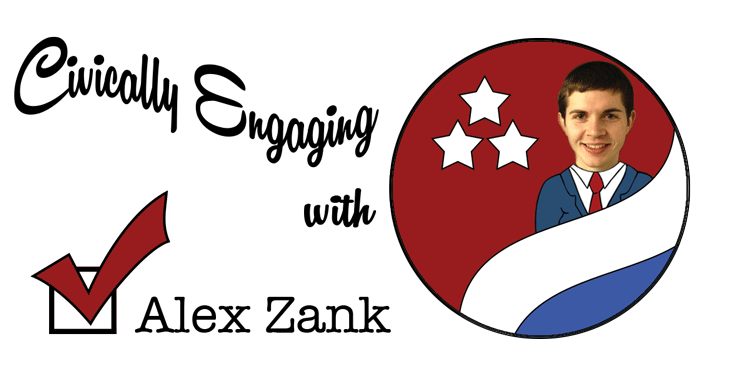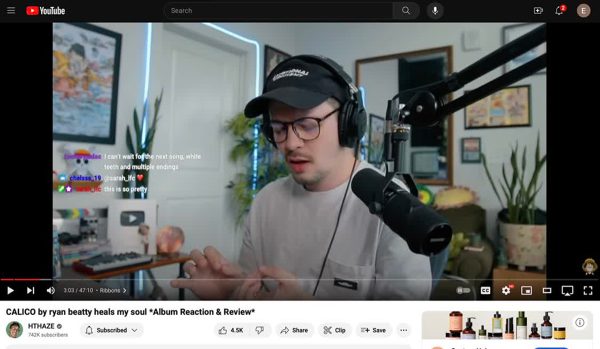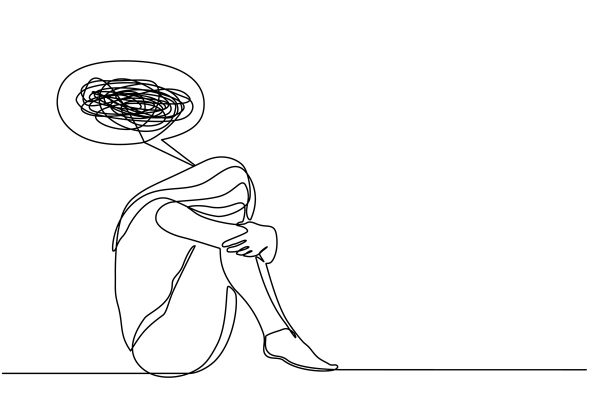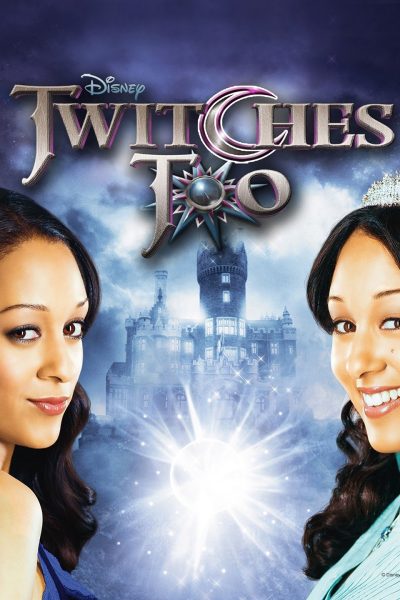Civically Engaging with Alex Zank
Why we should be enraged with recent SCOTUS decision on campaign donations
April 16, 2014
The Supreme Court’s recent decision in McCutcheon v. FEC striking down limits on individual campaign contributions may have riled up some people, but for most, it probably meant little to nothing.
I’m not just saying this out of pure cynicism. An article in The Atlantic cited statistics from several surveys highlighting a disturbing public sentiment. First, more 90 percent of respondents believe it’s important to reduce the influence of money in politics. This is a good start, but then again, more than 90 percent of respondents also believe “such influence just won’t be reduced anytime soon.”
Chris Cillizza in a Washington Post article on the same topic, said: “Yes, in polls people will say there is too much money in politics and that it’s a bad thing. But, time and again in actual elections they don’t vote on it.”
If we value our freedom, we need to change our attitudes at the polls. The situation is dire, and it’s not just about money. The issue isn’t about those who have money versus those who do not, like you’d see in an Occupy Wall Street talking point. It is a fight for the very core of our political freedom, a battle of First Amendment proportions.
Plenty of pundits talk about the growth in spending and how the big donors influence politicians, but what I want to focus on is how this big spending limits everyone else’s freedom.
A person could easily argue they have every right to spend their life savings on a candidate if they have the want. When looked at it as freedom of speech — which should not have a maximum capacity a person can use before being cut off — money is essentially being substituted for speech.
I’m not going to argue this should not be true. A major difference, however, is the quantity of the two. Speech is far more vague and comes in many forms, and is essentially unlimited to every individual citizen (some restrictions include not being allowed to shout, “Fire!” in a crowded theater).
Money, however, is finite, and is distributed unevenly in the economy. This isn’t an inherently evil thing; I’m not saying everyone should have the same amount of money, because that is just not how our system works nor would I want it to work that way. The thing about this fact, though, is if money is viewed as a form of speech, and we are allowed to funnel as much as we (people and corporations) want into political campaigns, this severely limits the freedom of a massive group of people.
If getting your opinion out in a campaign requires you to reach into your pocketbook, those with the deeper pocketbooks hold a great advantage.
This is an instance where “putting your money where your mouth is” results in a few big mouths devouring the rest that have less money in them.
Frankly, I don’t see how this issue does not enrage more people. While this is going on right in front of us, we are debating things like ‘Who wore that dress better?’
To the more than 90 percent of you who think nothing can be done: it’s time to civically engage the enemy, because believe it or not, voting still holds more power over campaign contributions. Nine out of 10 Americans speaking at the ballot box is a much stronger message than a handful of people throwing money into Super PACs.










